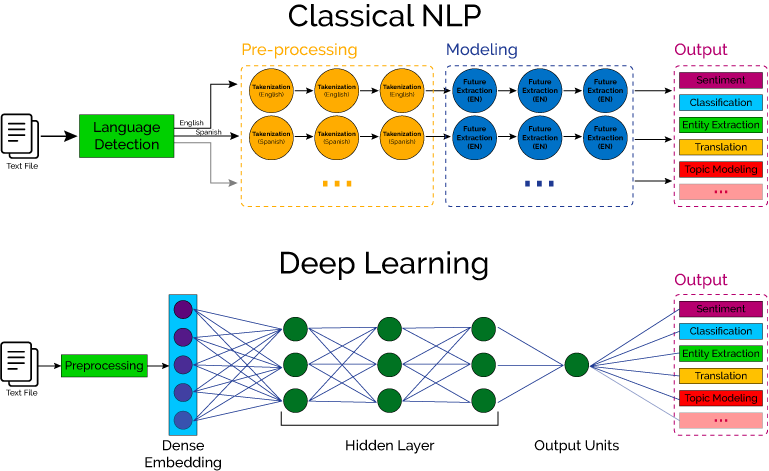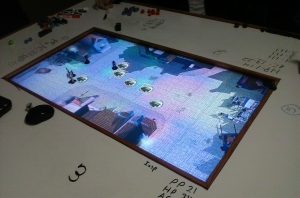
With the rapid advancements in artificial intelligence and machine learning, one particular area that has seen tremendous growth and development is natural language processing (NLP). This technology has revolutionized various industries, including gaming. In the context of game dialogue, the integration of neural networks in NLP has opened up new possibilities for more immersive and engaging player experiences. Let’s delve deeper into the role of neural networks in NLP for game dialogue.
The Basics of Natural Language Processing
Natural Language Processing involves the interaction and communication between computers and human language. It enables computers to understand, interpret, and generate human language in a way that is both meaningful and appropriate. The goals of NLP for game dialogue are to create realistic and dynamic conversations, enhance character interactions, and foster a seamless integration with the gameplay experience.
Neural Networks in Natural Language Processing
Neural networks, inspired by the human brain’s neural structure, are computational models that can automatically learn and extract patterns from vast amounts of data. They have become a powerful tool in NLP for game dialogue due to their ability to process and analyze complex language structures efficiently.
1. Language Modeling
Language modeling plays a crucial role in developing game dialogue systems. Neural networks can be trained to learn the statistical properties and structures of language, helping to predict the most probable sequence of words or phrases based on the context. By incorporating neural networks, game developers can create more realistic and contextually appropriate responses from characters.
2. Sentiment Analysis
Sentiment analysis involves determining the emotional tone behind a piece of text. Neural networks are trained on large datasets containing various emotions to accurately identify sentiments in game dialogue. This technology enables game developers to design characters that respond empathetically, react to player choices, and create a more immersive gaming experience.
3. Dialogue Generation
Generating dynamic and engaging dialogue is a key aspect of enhancing player experiences. Neural networks can be used to create dialogue systems that generate responses based on contextual information, user input, and predefined game rules. The ability to generate game dialogue in real-time based on player interactions leads to more engaging and personalized gameplay.
The Benefits of Neural Networks in Game Dialogue
By employing neural networks within NLP for game dialogue, the following benefits arise:
1. Enhanced Immersion
Neural networks enable the creation of more realistic and immersive characters. Through contextual understanding of language, these characters can respond intelligently to player choices, creating a more dynamic and immersive gameplay experience.
2. Personalization
With neural networks, game dialogue can be personalized based on individual player preferences, resulting in unique gameplay experiences for each player. This level of customization fosters a deeper connection between players and the game world.
3. Adaptive Gameplay
By utilizing neural networks, game developers can create dynamic systems that adapt gameplay based on player interactions. This adaptability ensures that the game dialogue remains engaging and evolves according to the player’s progression.
4. Realistic and Captivating Storytelling
The integration of neural networks in NLP allows for the development of intricate storylines and dialogues that captivate players. Characters can possess individual personalities, emotions, and evolving story arcs, making the narrative more engaging and immersive.
Conclusion
The role of neural networks in NLP for game dialogue has transformed the way games engage players. From creating realistic characters to developing dynamic dialogue systems, neural networks have enhanced immersion, personalization, and adaptability within gameplay. As NLP technology continues to advance, we can expect even more compelling and realistic game dialogue experiences in the future.


